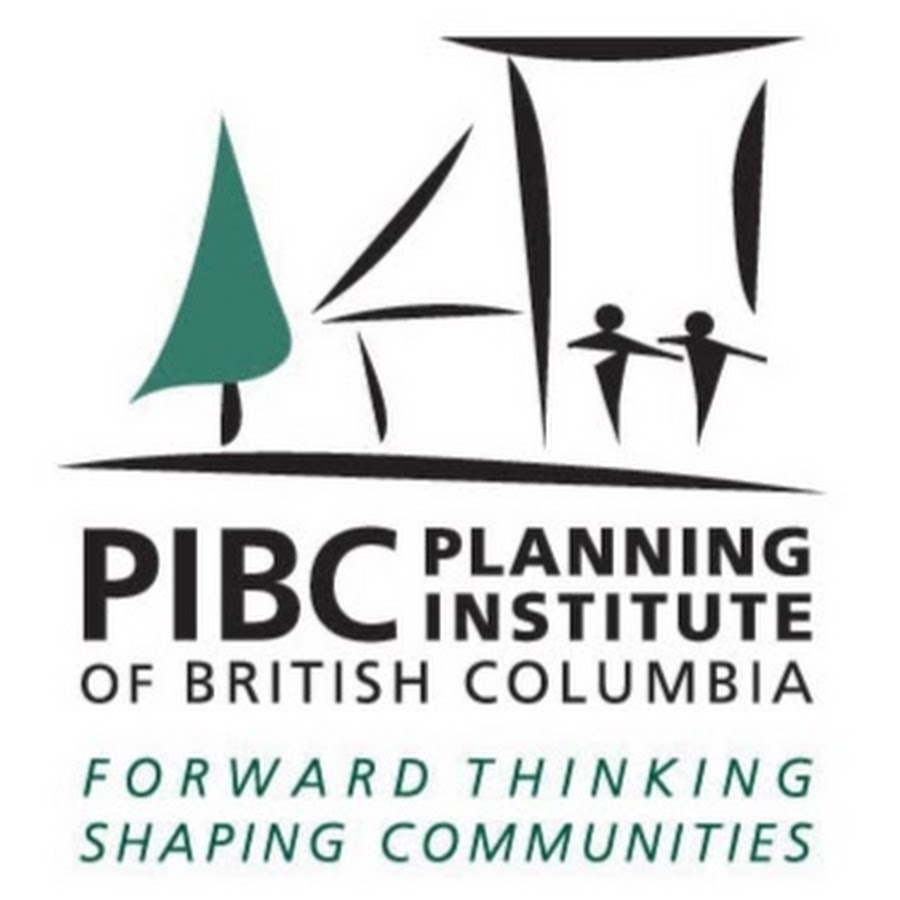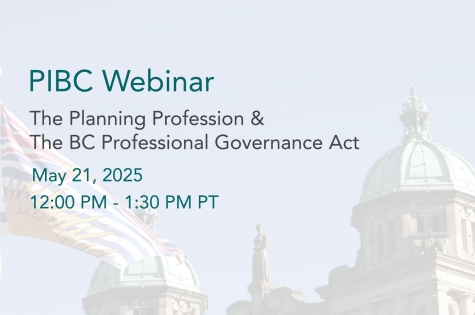Instructor: Christine Callihoo, MSc, RPP
Date: Thursday, November 8, 2018; 9:00am - 4:00pm
Location: SFU Wosk Centre for Dialogue, 580 W. Hastings St., Vancouver
Fee: $225 (+GST)
Register Now: Click here to learn more about this course and to register online.
Climate change is a global issue, requiring national and international collaboration and agreements to act, with actions generally delegated to the provincial and territorial level for implementation at the urban/community level, providing new and unique challenges and opportunities. In Canada, 7 out of 10 Canadians live in urban areas – areas that serve as economic, social and cultural hubs. The importance of urban centres in the everyday lives of most Canadians is further heightened by the task of addressing climate risks and the need to build climate resiliency.
Climate resiliency decisions often require strategic actions and implementation directed by local level decision-making. This workshop will provide an overview of current knowledge regarding climate change and the steps to building and enabling community resiliency.
All are welcome! Sustainability practitioners, emergency planning and response practitioners and community planning practitioners may find this particularly useful in their work.
A working definition of resilience is the capacity of a system—a household, a community, an organization —to prepare for disruptions from outside of the system, to recover from shocks and stresses, and to adapt and grow from a disruptive experience / event.
With a primary focus upon the priority risks in southwest BC (including drought, rural–urban interface fires, extreme weather events, heat waves, flooding and sea level rise), the workshop will detail each aspect of climate risk and resiliency planning and action including the following:
- Risk and vulnerability assessment;
- Climate resiliency planning and action;
- Emergency planning and response.
We will focus upon a few priority risks brought to the fore by the workshop participants, working collaboratively through the steps to enable climate resilient urban centres/communities. An emphasis in the workshop, as we work through the steps, will be highlighting the essential questions to be asked, the essential steps to be taken and by whom.
Step 1: Initiate the process / project
Step 2: Articulate and assess the baseline (incl. trends and projections)
Step 3: Identify and prioritize risks, vulnerabilities and opportunities
Step 4: Develop and prioritize resilience strategies
Step 5: Finalize and share the plan
Step 6: Implement the plan
Step 7: Monitor, evaluate and adjust (ongoing)
All participants will receive pre-reading materials to prepare to ‘set the stage’ for the workshop.

Vancouver,
,





